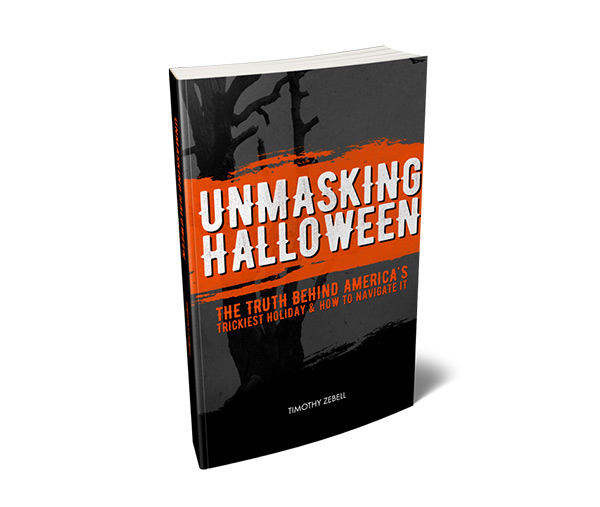Founder of Dent Research and former financial consultant, Harry Dent, notes that young people tend to produce an inflationary economy while older people tend to produce a deflationary economy.[1] As America’s Baby Boomer generation begins to retire, the country’s demographics increasingly shift toward an older population with a decreasing workforce. In his book The Sale of a Lifetime, Dent writes, “Workforce growth went from a high of 4% in the late 1970s to 3% in the late 1980s to 2% in the late 1990s. It currently stands at around 1% and will be 0% by 2020–2023 … despite massive stimulus.”[2]
In a deflationary economy, high-quality, long-term government bonds can be an attractive investment to not only protect one’s money, but even to grow it. This was evidenced in America’s deflationary period known as the Great Depression. According to Harry Dent, “Total returns, with interest, on government bonds were 78% from 1930 to 1941. Thanks to their higher yields, returns on AAA corporate bonds were even better, at 118% for that same period.”[3] Nevertheless, ultra-low interest rates and quantitative easing have inflated the bond market into a bubble[4] exhibiting the three elements of a classic asset bubble: Massive oversupply, an unsustainably high price level, and over-ownership of the asset.[5]
No good things lasts forever, and the U.S. bond market has experienced a 35 year bull market.[6] It is poised for a downturn, but this downturn threatens to cause the entire collapse of the U.S. Dollar.[7] Already the U.S. Treasury Borrowing Advisory Committee has unanimously agreed that the U.S. Treasury should begin permitting negative interest rates for their T-bills.[8] Founder of Pento Portfolio Strategies, Michael Pento, writes in his book The Coming Bond Market Collapse, “The mania behind the U.S. debt market has reached such incredible proportions that investors are now willing to lend money to the government at a loss—right from the start of their investment. This is a clear signal that the bond market can’t get any more overcrowded, over owned or overpriced.”[9] But how long will investors accept low to negative interest rates on their bond investments? Unfortunately, the United States cannot afford for bond interest rates to rise to normal levels as this would automatically render the United States insolvent.[10] Thus, the bonds market appears to have fallen into a catch-22.
In 2012 former Federal Deposit Insurance Corporation (FDIC) Chairperson, Sheila Bair, categorized the bond market as a bubble and ominously warned, “The thing with bubbles, everyone calls them too soon—we are in the mother of all bond bubbles—let’s face it, it’s just a matter of time.”[11] Once foreign investors lose confidence in the U.S. bond market, they may trigger a panic. Michael Pento writes, “The sell-off may compel the Fed to purchase nearly every bond issued in an effort to keep yields down; but this will trigger a negative feedback loop. The economy will tank, tax receipts will plummet, debt to GDP ratio will soar and inflation will sky rocket—putting further pressure on yields—we will be entrenched in an inflationary death spiral.”[12] Similarly, analysts such as founder of GoldSilver.com, Mike Maloney, fear that when the bond market begins to collapse, the government will counter the deflationary trends of such a collapse by printing massive quantities of money until the deflation gives way to inflation, or even hyperinflation.[13] Clearly the bond market is not the financial refuge that we seek.
This article is excerpted from the paper “Seeking Refuge in a Precarious Economy.”
Free Downloads
Share...
1. Dent, Harry Jr. The Sale of a Lifetime: How the Great Bubble Burst of 2017–2019 Can Make You Rich. New York City: Penguin Random House, 2016.
2. Ibid, 118.
3. Ibid, 291.
4. Ibid, 298.
5. Pento, Michael. The Coming Bond Market Collapse: How to Survive the Demise of the U.S. Debt Market, 32. Hoboken: John Wiley & Sons, Inc., 2013.
6. Greg Hunter. “Mike Maloney-Bond Bubble Bust Will Be Devastating,” YouTube video. https://www.youtube.com/watch?v=6PZ3-Rg7x7w (accessed January 24, 2017).
7. Ibid.
8. Pento, The Coming Bond Market Collapse, 164.
9. Ibid, 164.
10. Ibid, 165.
11. Ibid, 166.
12. Ibid, 166–167.
13. Greg Hunter, “Mike Maloney-Bond Bubble Bust Will Be Devastating.”








